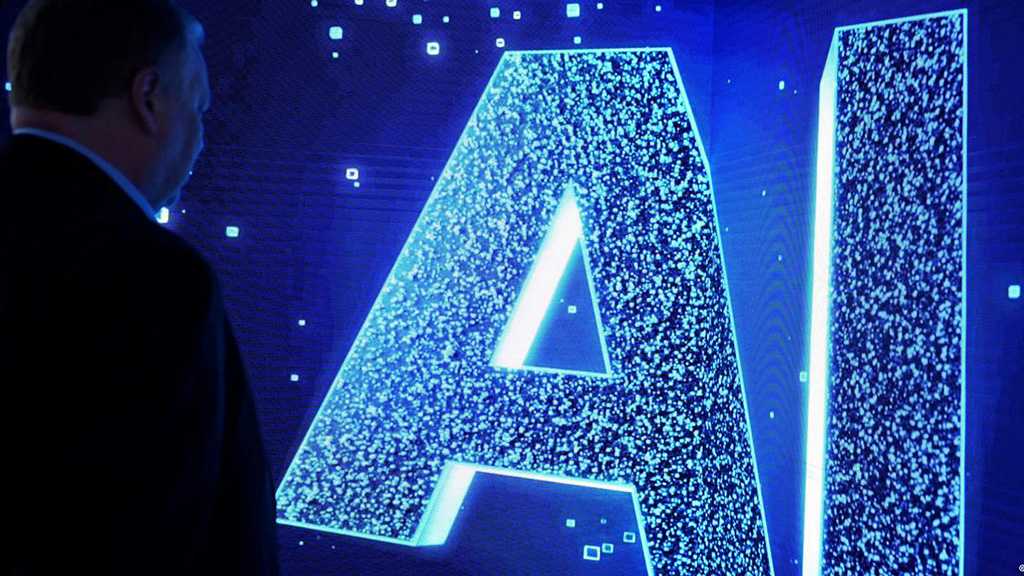EU Lawmakers Lay Groundwork for Historic Regulation of Risky AI

By Staff, Agencies
Lawmakers passed a draft law known as the AI Act, the first of its kind in the world.
It massively curtails generative AI, requiring content created by systems like ChatGPT to be labelled, and requiring AI makers to reveal more about the data used to create their programs.
The legislation would classify AI systems according to four levels of risk, ranging from minimal to unacceptable.
It sets new limits on “high-risk” AI, such as systems with the potential to influence voters in elections, and would ban AI posing an “unacceptable risk”, such as predictive policing tools and social scoring systems that can judge people based on their behavior or appearance.
The bill is the most far-reaching attempt so far to address the potentially harmful effects of artificial intelligence, offering a potential model for policymakers seeking to regulate the rapidly developing technology.
It aims to protect civil rights and safeguard against AI threats to health and safety, while also putting Brussels on a collision course with US tech companies who are investing billions in the technology.
Violations will draw fines of up to €30 million, or 6 percent of a company's annual global revenue, which in the case of tech companies like Google and Microsoft could amount to billions.
The bloc's new AI laws, which still need final approval from member states and parliamentarians, will likely not kick in until 2025 – after next year's key European Parliament elections.
Comments
- Related News




